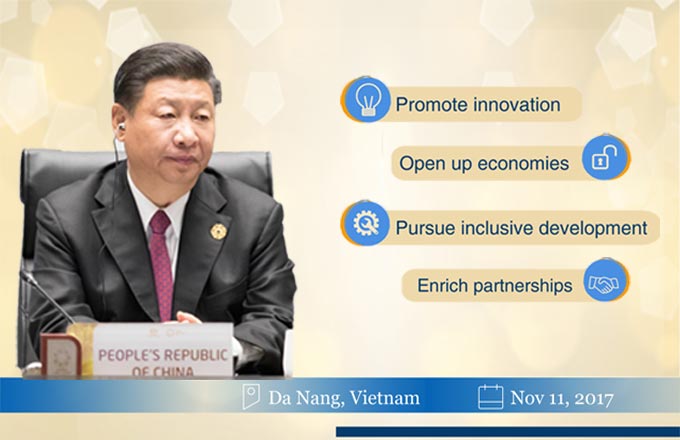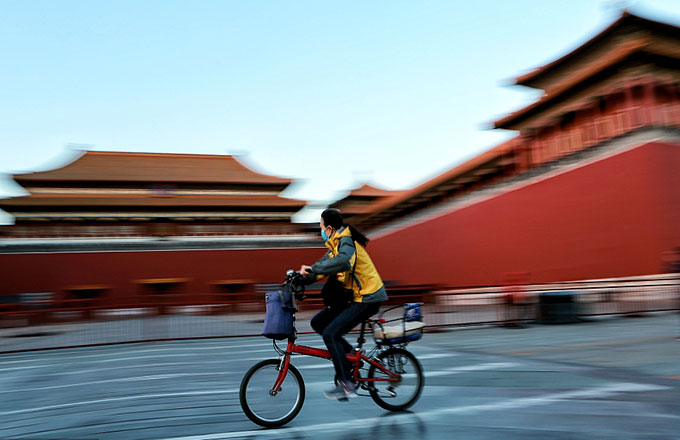Former lawyer gets 2 years' imprisonment for inciting subversion
CHANGSHA?-- Jiang Tianyong, a former lawyer, was sentenced Tuesday to two years in prison for inciting subversion of state power by a court in Changsha, capital of central China's Hunan Province.
Jiang, 46, was also deprived of his political rights for three years, according to the ruling by the Changsha City Intermediate People's Court.
He was found to have made a large number of statements attacking or defaming China's government departments, judicial organs and the national legal system, the court ruling said.
Jiang said at the court that he would not appeal.
Jiang, influenced by anti-China forces for a long time, gradually formed ideas about subverting China's current political system, the court said.
He had travelled overseas multiple times to attend training on subversion-related issues and applied for support from overseas anti-China forces to finance his activities to hype "high-profile cases," it said.
In 2013, Jiang and some other lawyers founded a "lawyers' group for human rights protection services" and meddled in and blew up some domestic cases under the pretext of "rights protection" via the platform.
Since 2015, Jiang had unscrupulously distorted facts, incited others to gather and cause trouble in public areas, and provoked hostility against the government in several cases including that of Zhou Shifeng, a former lawyer convicted of subverting state power, the court ruling said.
Through these acts, Jiang attacked and slandered the country's current political system and incited subversion of state power and the socialist system, severely undermining national security and social stability, the court stated.
In October 2016, Jiang directed Chen Guiqiu, wife of former Hunan lawyer Xie Yang, to fabricate a series of articles about Xie being tortured during detention and disseminated these articles on the Internet.
Xie was placed under "compulsory measures" for suspicion of inciting subversion of state power at the time.
Jiang also forwarded such articles as well as other twisted reports by overseas media, and instigated others to forward them to incite public discontent with China's system and judicial authority.
Xie said during his trial in May that his rights "had been fully protected" by the police and procuratorate, and stated that he had not been coerced into a confession nor had he been subjected to torture.
The court said that Jiang, in the interest of subversion, had smeared state authority, attacked the system mandated by China's constitution, and incited subversion of state power and the socialist system -- acts that constituted the crime of inciting subversion of state power.
It ruled that the accusation filed by the prosecutors against him was well-founded with reliable and sufficient evidence.
The court also accepted Jiang's defense counsel's argument that Jiang had confessed to his wrongdoing during the investigation, pleaded guilty and expressed remorse during the trial, circumstances meriting a lighter punishment.
Over 40 people, including Jiang's family, legislators, political advisors, legal scholars, lawyers, journalists, and members of the public, attended Tuesday's proceedings.
A video of the pronouncement was published on the court's official Weibo account.




























